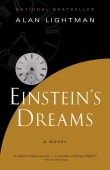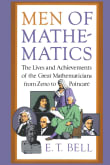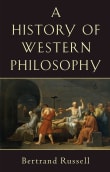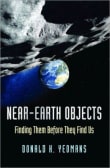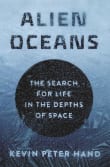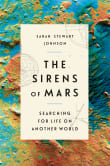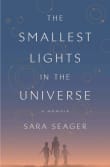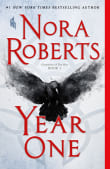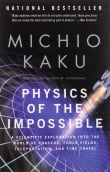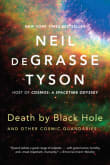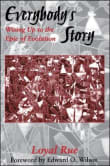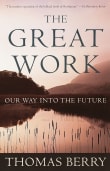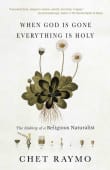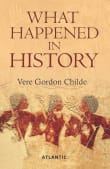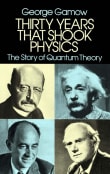Cosmos
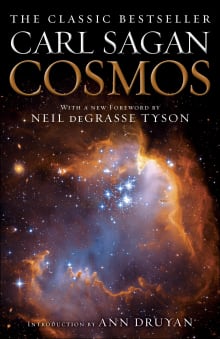
Book description
* Spacecraft missions to nearby planets
* The Library of ancient Alexandria
* The human brain
* Egyptian hieroglyphics
* The origin of life
* The death of the sun
* The evolution of galaxies
* The origins of matter, suns and worlds
The story of fifteen billion years of…
Why read it?
8 authors picked Cosmos as one of their favorite books. Why do they recommend it?

OK, maybe it’s funny to recommend a book that sold in the millions. But this, and the TV series that went along with it, remains the best explanation of the evolution of astronomy and, especially, the social context for that evolution. Carl Sagan is by far the best science popularizer of the past century.
From Eric's list on demystify science.

Our world is immersed in a universe of magic.
A glance at the vast illumination of stars in the clear night sky will provide a quick realization of this fact. An in-depth view of such an array of magic is illustrated in Carl Sagan’s Cosmos. Once a cutting-edge science book, it’s—like me—a bit long in the tooth now and, yes, some of the info in it is a bit outdated.
But overall, Cosmos has withstood the test of time and remains a breakout classic as it takes the reader on a magical journey from the Big Bang all the…

I think this is easily the best non-fiction book about space and science. What I loved about it is that Sagan weaves so many threads into a wide set of subjects and disciplines. By so doing, he tells a musical and poetic story of the life of our universe not just to those with a scientific interest but also to the wider public.
I was captivated by his ability to fascinate and move seamlessly from astrophysics to biology, genetics to mythology, from Kepler to Cuneiform, satellite arrays to the double helix, infinite regression to interstellar space travel, from the Rosetta…
If you love Cosmos...

Carl Sagan’s Cosmos is a timeless and poetic account of our universe and our human dance within it.
Weaving themes of astrophysics and quantum mechanics, Sagan stitches his passion into this inspiring and informative journey of cosmic exploration. Words, not equations, fill the pages of this book, making it completely relatable. Sagan’s deeply personal account reinforces Einstein’s observation that “imagination is more important than knowledge”.
Cosmos reminds us of how small we are and that wonder, respect, and awe are our greatest tools to find ourselves in the grand scheme of things. If there is only one book you ever…

Astronomer Carl Sagan can be said to have launched the ecospiritual/religious naturalist trajectory with this book, upon which the TV series was based, later writing: “A religion that stressed the magnificence of the universe as revealed by modern science, might be able to draw forth reserves of reverence and awe hardly tapped by the conventional faiths. Sooner or later such a religion will emerge.”
Two seminal quotes: “The nitrogen in our DNA, the calcium in our teeth, the iron in our blood, the carbon in our apple pies were made in the interiors of collapsing stars. We are made…
From Ursula's list on an ecospiritual orientation.

I read Cosmos when I was young and it inspired the love of science I still carry today. I found Sagan’s musings about the pale blue dot mesmerizing, and the science was thrilling. I ended up going to Space Camp when I was 14 and Governor’s School for Physics when I was 16 to further my scientific knowledge. When I wrote A Paradox of Fates, I used some of the science I learned in Governor’s School to explain time travel, which has always been a fascinating subject to me.
From Rebecca's list on for fellow science dorks.
If you love Carl Sagan...

Carl Sagan was my advisor and mentor at Cornell (where I got my PhD), and everything good about him shines through in this book: his scientific rigor and honesty, his skill at making complex subjects and ideas clear, and his excitement for discovery and exploration. Cosmos is an overview of where we came from, where we are going, how we are all “star stuff”, and of course, possible life outside the Earth.
From Bonnie's list on the planets and life outside the Earth.

This book was one of the first to give an almost poetic description of the solar system, our Galaxy, the universe, space science, and the search for extraterrestrial life. Carl Sagan’s legendary ability to make astrophysics attractive to the lay person shines through, and it illuminates our place in the cosmos.
From Mario's list on science, mathematics, and philosophy.
Want books like Cosmos?
Our community of 12,000+ authors has personally recommended 100 books like Cosmos.



